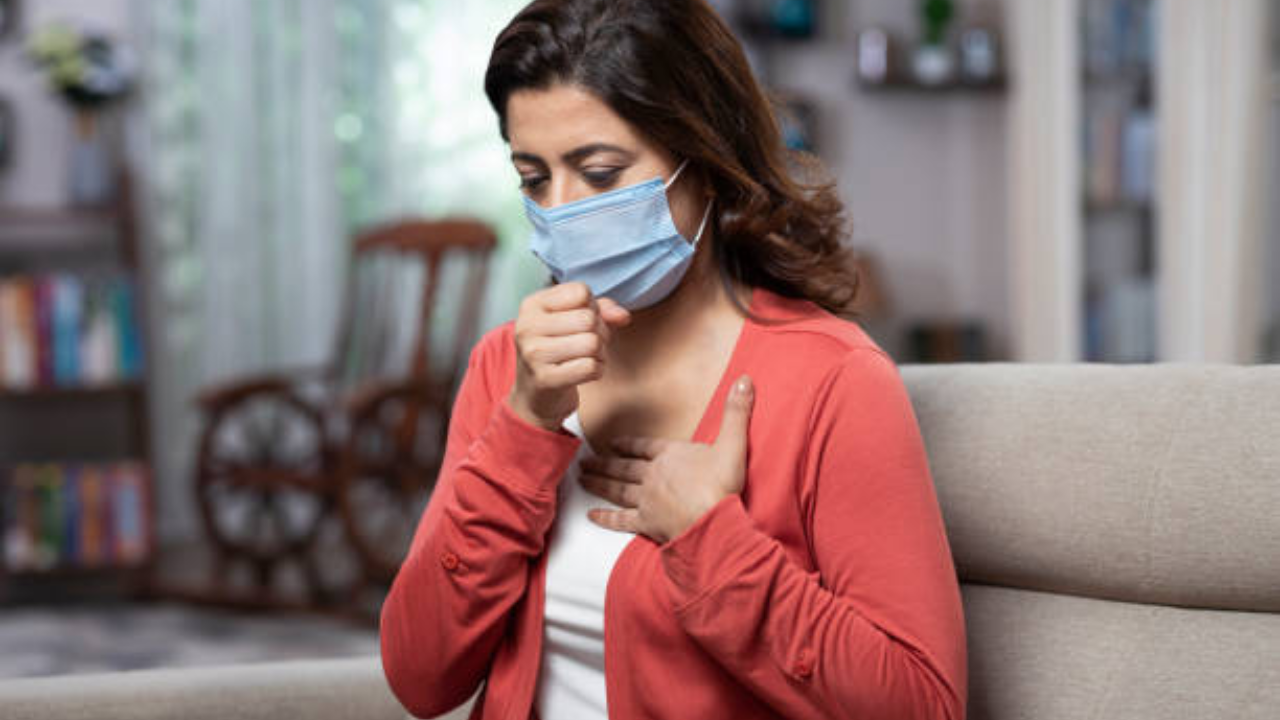47% of the JN.1 variant cases have been reported from Kerala, where the first case of this variant was identified on December 8.
The majority of the patients are recovering in home isolation, officials said on Tuesday.
Mild symptoms of COVID are seen in patients
Delhi Health Minister Saurabh Bharadwaj said COVID-19 cases being reported recently are mild infections and that there was no reason to worry. The situation in Delhi is under control and there was no huge rise in cases, Bharadwaj told the media.
“The information received about the disease so far from Delhi and neighbouring states has suggested that the cases are mild. Some people have a mild cough and cold, and some have a mild fever. People are recovering from the disease quickly. As of now, there is nothing to worry about,” he said.
While 147 such COVID cases have been found in Kerala, 51 have been found in Goa, 34 in Gujarat, 26 in Maharashtra, 22 in Tamil Nadu, 8 in Karnataka, 5 in Rajasthan, 2 in Telangana and one case in Odisha, the Indian SARS-CoV-2 Genomics Consortium (INSACOG) data reveals.
The World Health Organisation (WHO) has classified JN.1 as a separate “variant of interest” given its rapidly-increasing spread, but said it poses a “low” global public health risk.
The active COVID cases stood at 4,565, according to the data released by the Health ministry on Tuesday.
How to stay safe?
To stay safe from COVID-19, follow essential guidelines: prioritize vaccination and boosters, practice regular hand hygiene by washing hands thoroughly, wear masks in crowded or indoor settings, maintain physical distance from individuals not in your household, and avoid large gatherings. Stay informed about local transmission rates and adhere to public health recommendations. Ventilate indoor spaces, and disinfect frequently-touched surfaces regularly. Monitor your health for symptoms, and seek testing if you experience any. Stay home if you feel unwell or have been in contact with a confirmed case. Stay updated on evolving guidelines and variants. Lastly, foster a collective sense of responsibility by encouraging others to follow safety measures.
Why should one not ignore flu? What are the severe risks associated with it?
(With inputs from PTI, ANI)


